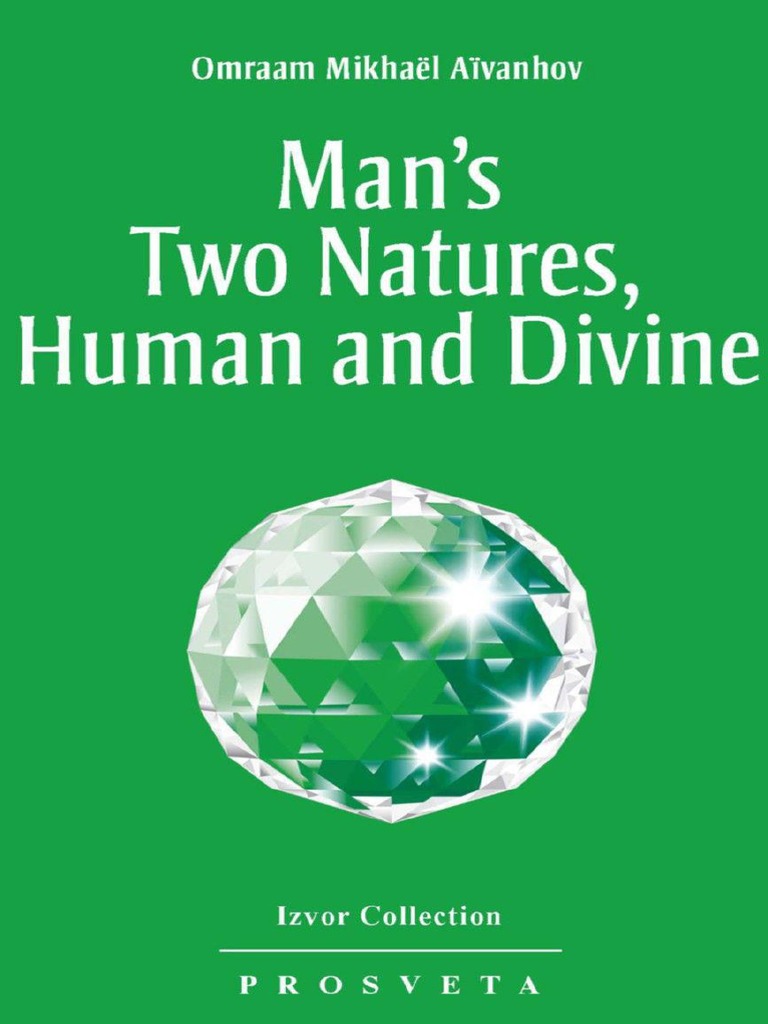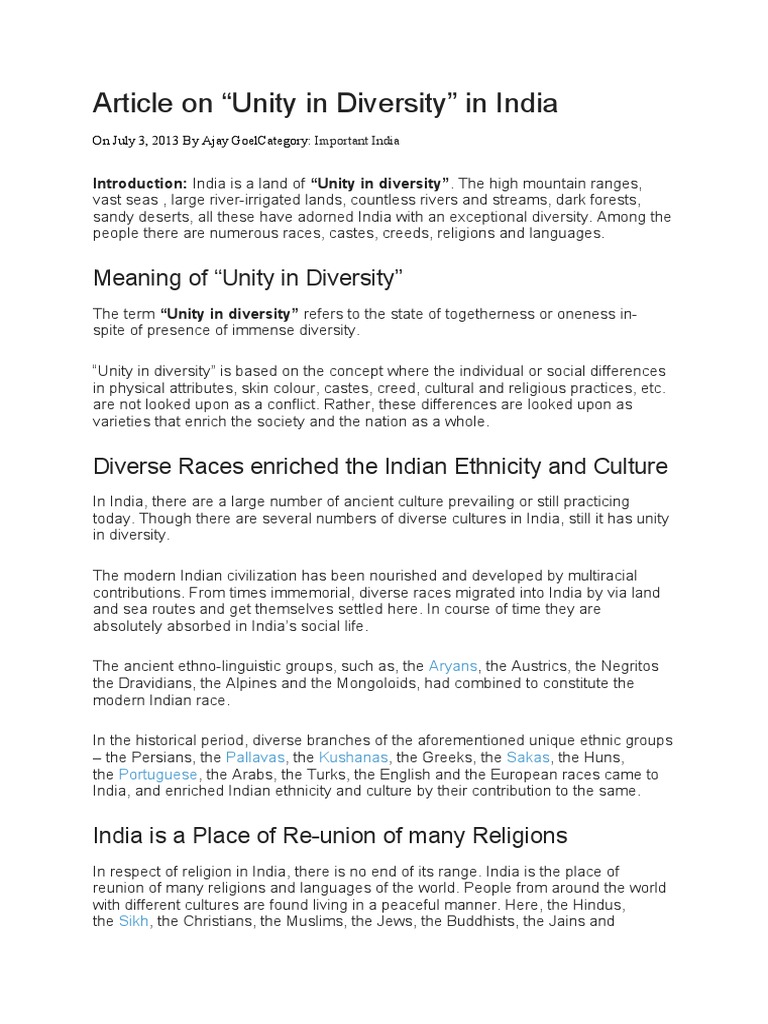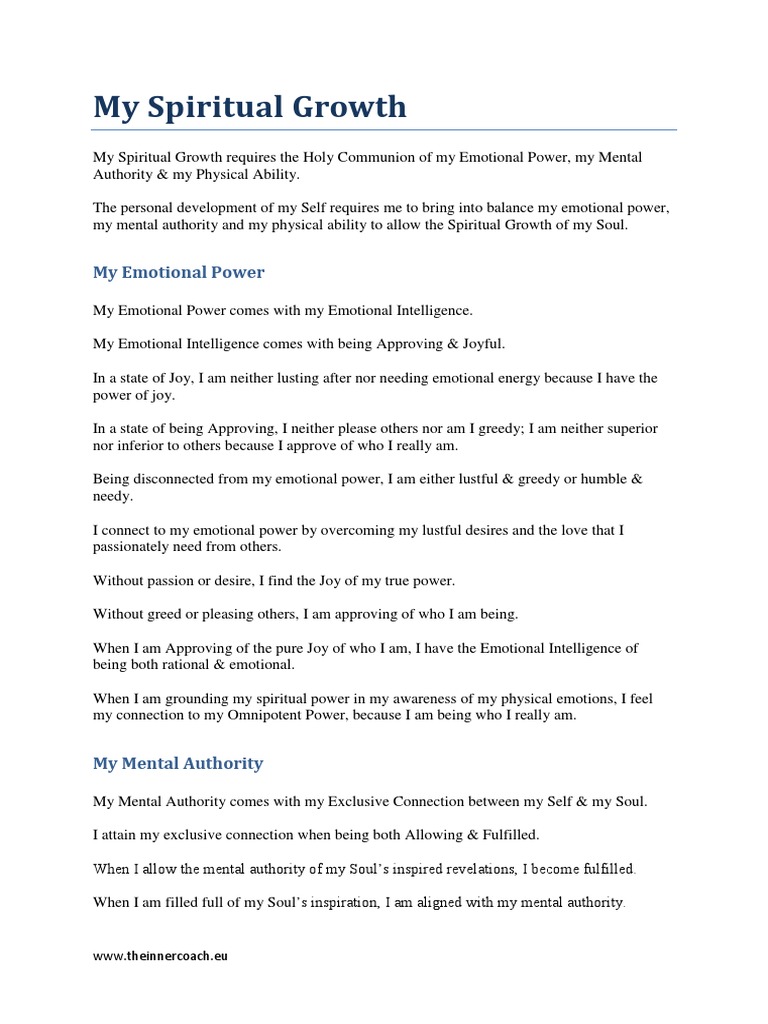Natures of Man: Animal Human and Divine
The concept of the natures of man within the Bahá’í teachings presents an intricate tapestry woven from the threads of spiritual philosophy and human psychology. At the confluence of these realms lie three distinct but interrelated aspects of human existence: the animal, the human, and the divine. Each of these natures offers a unique perspective … Read more









